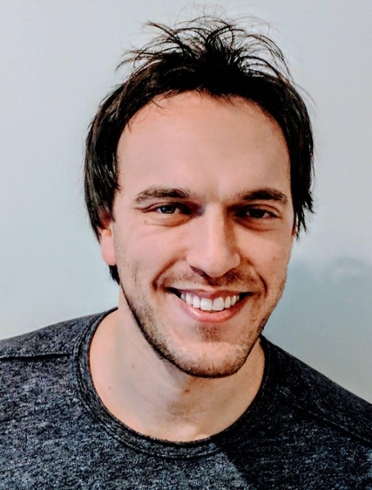Improving Technical Knowledge to Make Better Decisions Under Uncertainty
June 8, 2022

This post was written by Adam Sher, Software Engineering '21.
In 2018, I co-founded AccuTennis, a computer vision company, with two electrical engineers. This endeavor is the most technically complex in my career. My experiences writing software and managing product development included a situation at a prior company where I made a very expensive mistake by directing the engineering team to develop an application, which made business sense. An enterprise customer demanded a solution and the engineering team’s primary objection was one of understanding the ROI. I made the case that this enterprise customer would renew its contract and we could upsell this service to our other enterprise customers. However, we ended up delivering a poorly performing solution because of some technical limitations that I should have uncovered during our debate over what to work on. Had I been better informed, I would have been able to ask the right questions to uncover some important technical debt, which inhibited the success of this project.
For my current venture, I needed to better understand the technical foundations of the products so I could make better decisions as CEO. Brandeis was one of the first places I looked for continuing education because I found the two other degrees that I earned there to be valuable (the university offers everything – I also met my wife at Brandeis!).
In general, a tech startup has three technical challenges: the underlying tech, its user experience, and measurement. The underlying tech is the most important and least appreciated because the core tech is often hidden behind the product’s user interface. In our case, we utilize raspberry pi-based hardware to track people and tennis balls in real time with a low margin of error. On top of this core technology are two user interfaces: (1) a TV screen that displays a player’s output in real time, and (2) a mobile app that allows users to authenticate themselves and select what games to play. Our system automatically generates reports that detail what each user (i.e. admin, coach, and player) does. When we implement any change, I filter the work through a user experience focus, which boils down to “does this allow AccuTennis to easily deliver real-time feedback that is useful better or worse?” Any other consideration is a distance second.
If we succeed in the above, we have a chance at growing our customer base, and if we do not, we will go out of business. We are a startup with limited funding an do not have many chances to recover from a major miscalculation on what we develop. This brings home the need to understand how the technical challenges relate to our business objectives.
I found the curriculum within the Master's of Software Engineering, particularly the capstone class, useful in tying together (1) gathering business and technical requirements, (2) understanding stakeholders, and (3) building & delivering technology. Also, some engineers that I worked with in previous roles were snobs about only listening to people with Computer Science and Software Engineering degrees, so now they will.
To learn more about the Master's of Software Engineering or any other GPS programs, please visit our website.